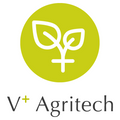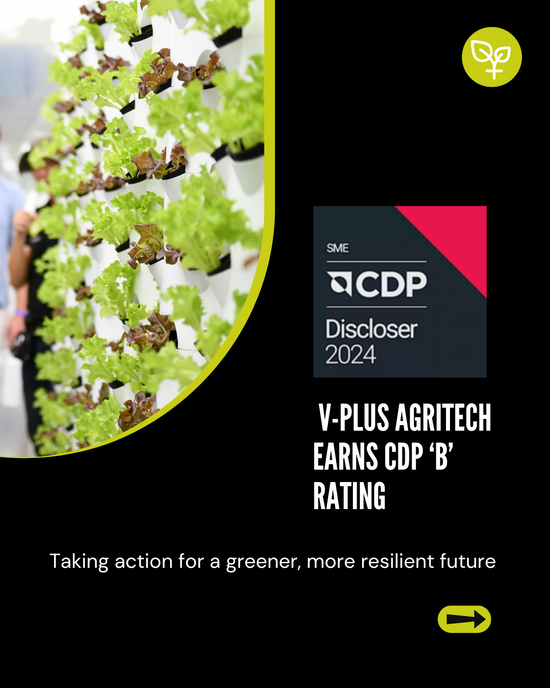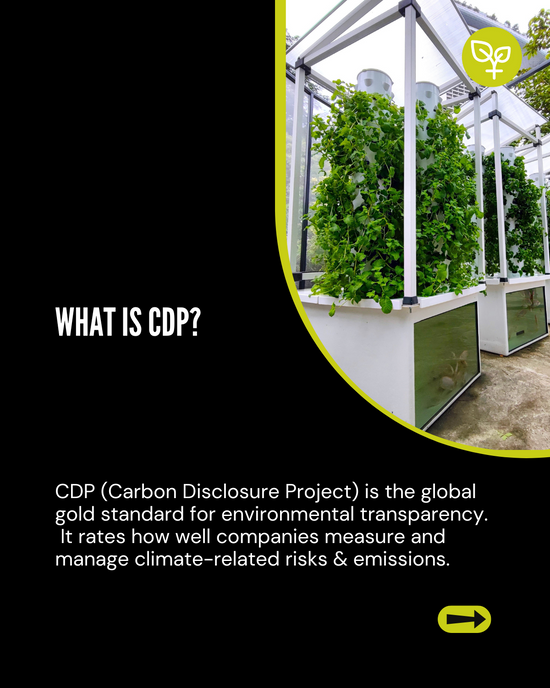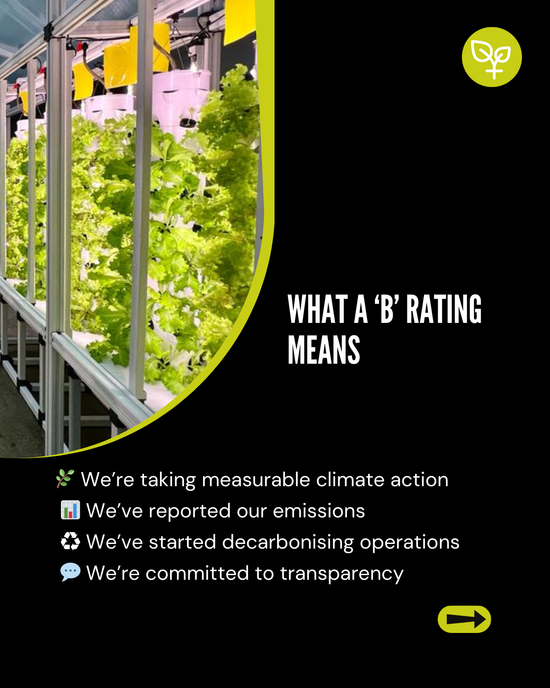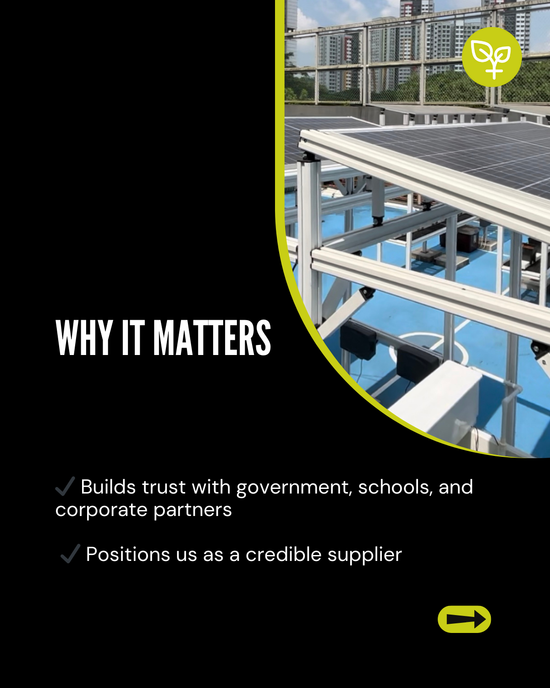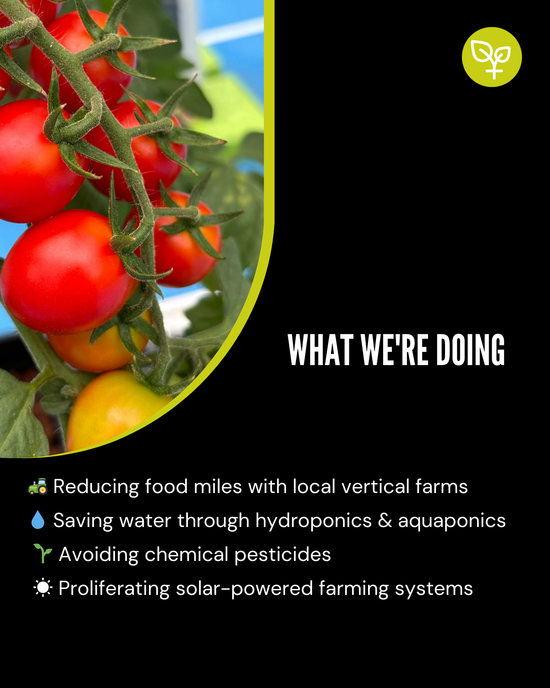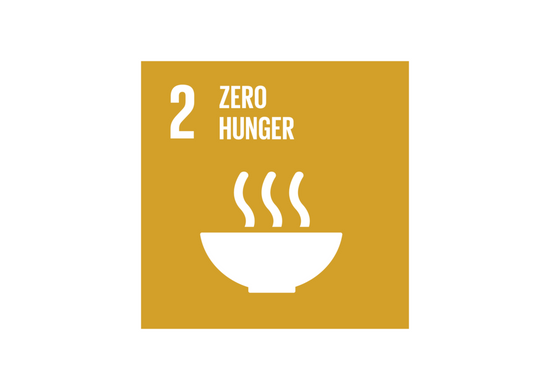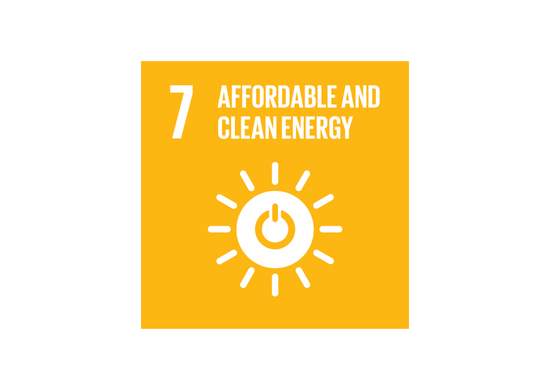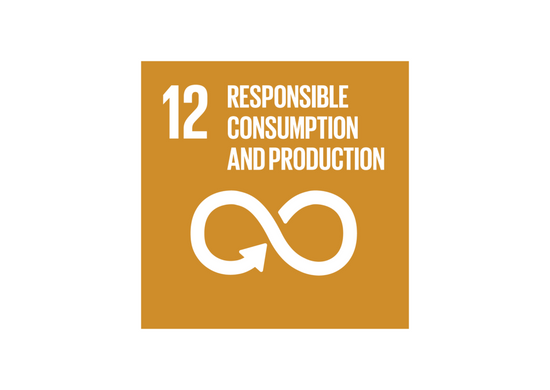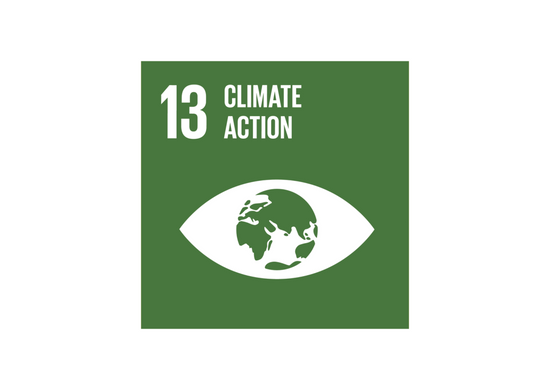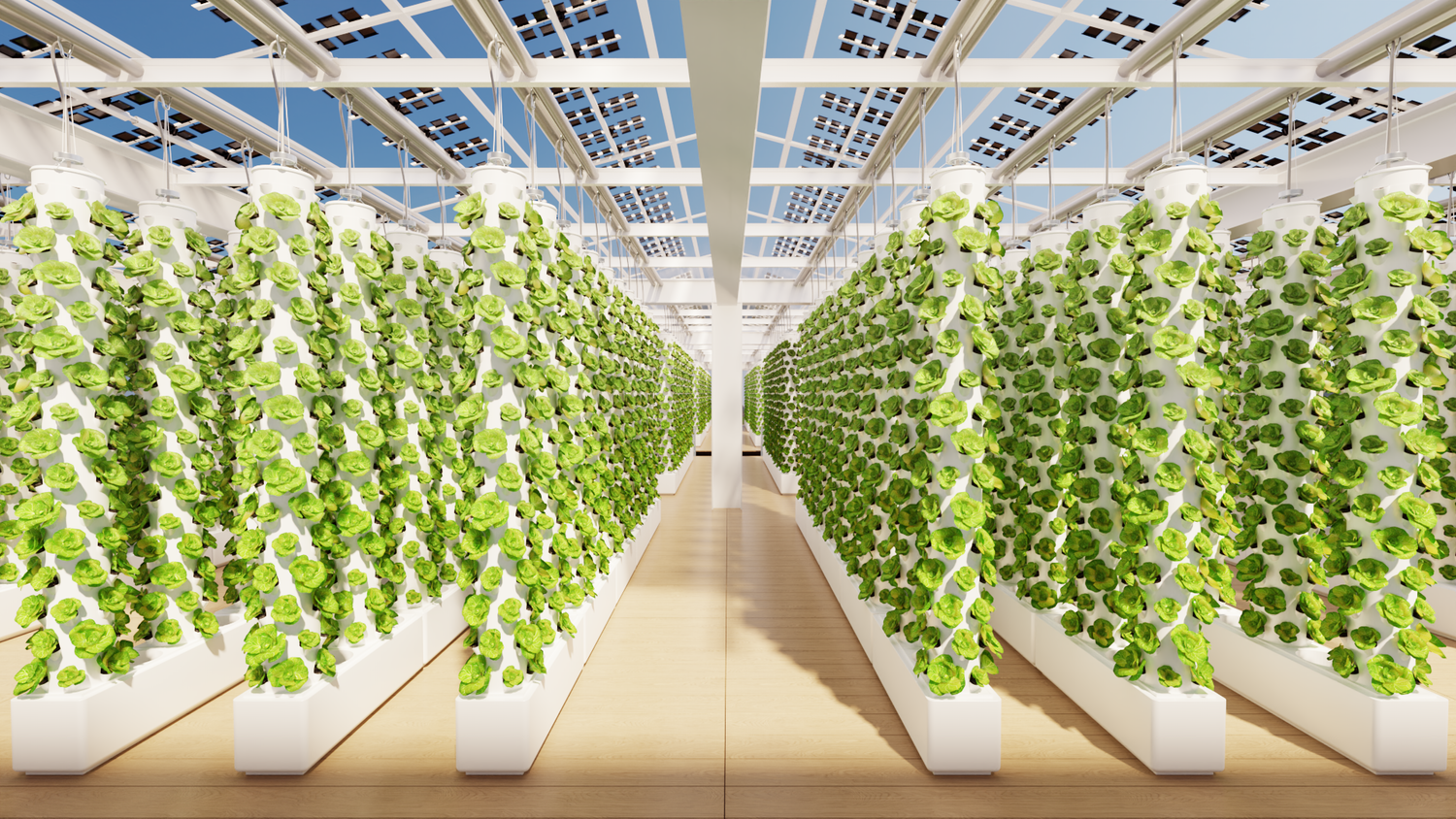About us
V-Plus Agritech, under the Ardenia Green Group, is a circular agriculture solutions provider that develops smart and sustainable farming systems, specializing in vertical aquaponics. Founded in 2021 and based in Singapore, the company integrates advanced agricultural technologies to drive circularity, address urban food challenges, and enhance food security. As a licensed vegetable and fish farm in Singapore, we ensure regulatory compliance and operational credibility. Our multidisciplinary approach merges traditionally siloed agricultural practices, creating scalable urban green solutions for the future of urban farming. We achieve this through four core pillars: Building, Growing, Engaging, and Educating.
Our Vision
To be a global leader in sustainable urban agriculture, transforming how cities and arid regions produce food by setting the standard for innovative, circular farming solutions. We envision a future where every urban and arid community thrives with self-sufficient, eco-friendly food systems, reducing environmental impact and enhancing food security
Our Mission
To proliferate sustainable, circular, and hyperlocal farms in cities and arid communities, fostering resilient food systems through innovative agricultural practices worldwide.
